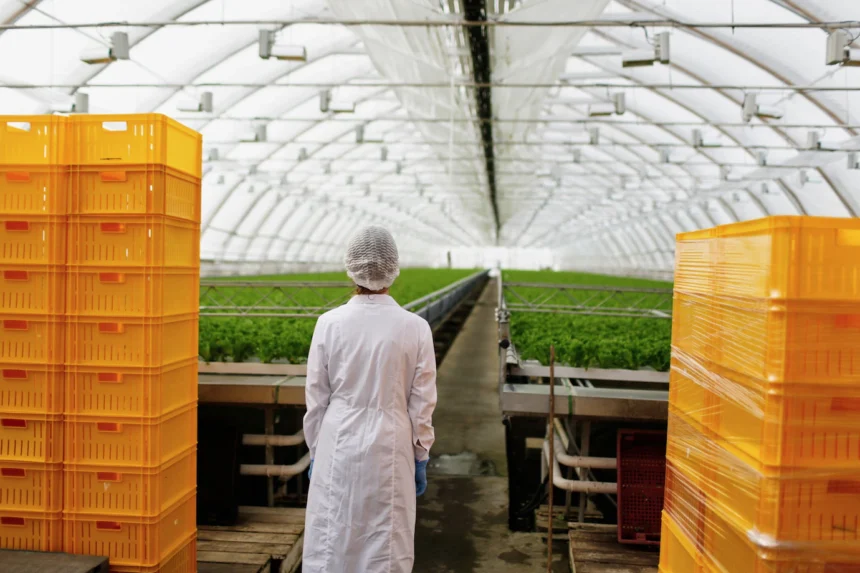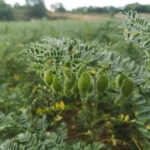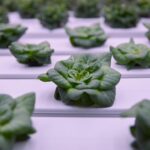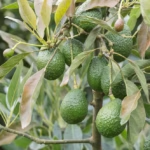Value-added products in agroprocessing refer to agricultural products that have undergone some form of processing or transformation to increase their value and market appeal. This can involve various techniques such as packaging, preservation, refining, or combining multiple ingredients to create new products. The exploration of value-added products in agroprocessing presents several potential benefits and opportunities:
- Increased Market Opportunities: Value-added products allow farmers and agroprocessors to tap into new markets and customer segments. By transforming raw agricultural commodities into processed goods, they can cater to diverse consumer preferences and demands. This expansion of market opportunities can help improve sales and profitability.
- Higher Profit Margins: Value-added products often command higher prices than raw commodities. Processing agricultural goods can increase their shelf life, enhance their quality, and add convenience for consumers. These factors enable producers to charge premium prices, leading to improved profit margins and increased revenue.
- Diversification of Product Range: Agroprocessing allows farmers and agroprocessors to diversify their product portfolios. By introducing value-added products, they can reduce dependence on a single commodity and minimize risks associated with market fluctuations and seasonality. A broader range of products also enhances business resilience and provides opportunities for innovation.
- Job Creation and Rural Development: Agroprocessing activities require additional labor and infrastructure, leading to job creation, especially in rural areas where agriculture is a primary source of employment. Value-added processing facilities can provide income-generating opportunities for local communities and contribute to the overall economic development of the region.
- Reducing Post-Harvest Losses: Value-added processing helps reduce post-harvest losses by preserving and extending the shelf life of agricultural products. Techniques such as drying, canning, or freezing can prevent spoilage, thereby reducing food waste and increasing overall food security.
- Enhanced Export Potential: Value-added products often have higher export potential compared to raw commodities. Processed goods can meet specific quality and safety standards required by international markets, opening up opportunities for export and foreign exchange earnings. Agroprocessors can leverage value addition to access global markets and increase their competitiveness.
- Sustainable Agriculture Practices: Agroprocessing can promote sustainable agricultural practices. By utilizing crop residues, by-products, or low-grade produce, value-added processing helps minimize waste and optimize resource utilization. It can contribute to the circular economy by turning agricultural waste into valuable inputs for other industries, such as biofuels, animal feed, or organic fertilizers.
To fully explore the potential of value-added products in agroprocessing, it is crucial to consider market research, product development, supply chain management, and regulatory compliance. Collaboration between farmers, agroprocessors, research institutions, and government agencies is also essential to provide technical support, knowledge transfer, and policy frameworks that facilitate the development and growth of value-added agroprocessing industries.








